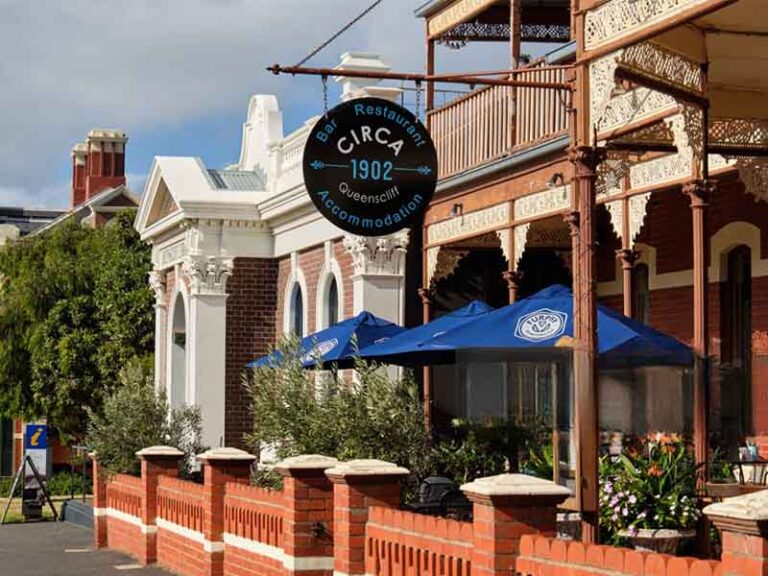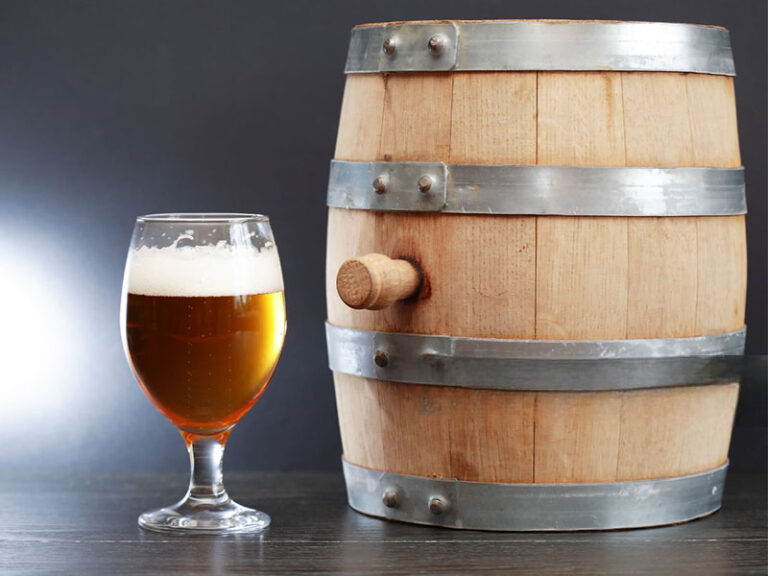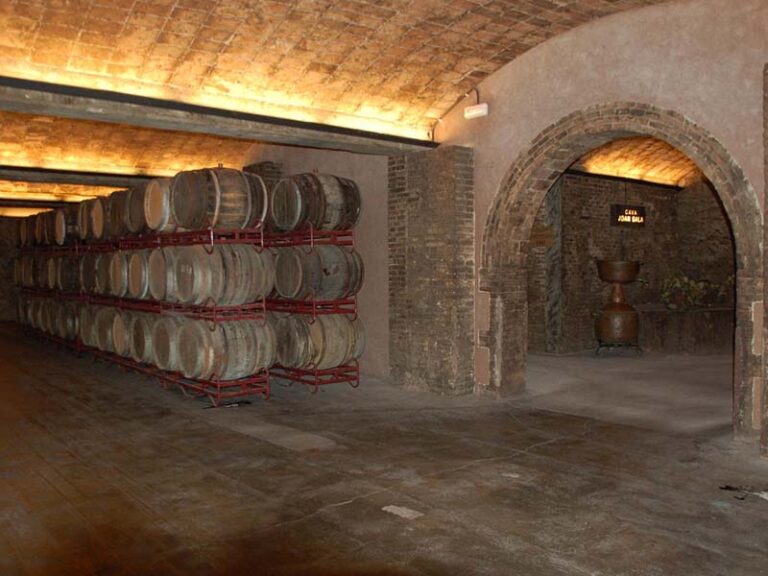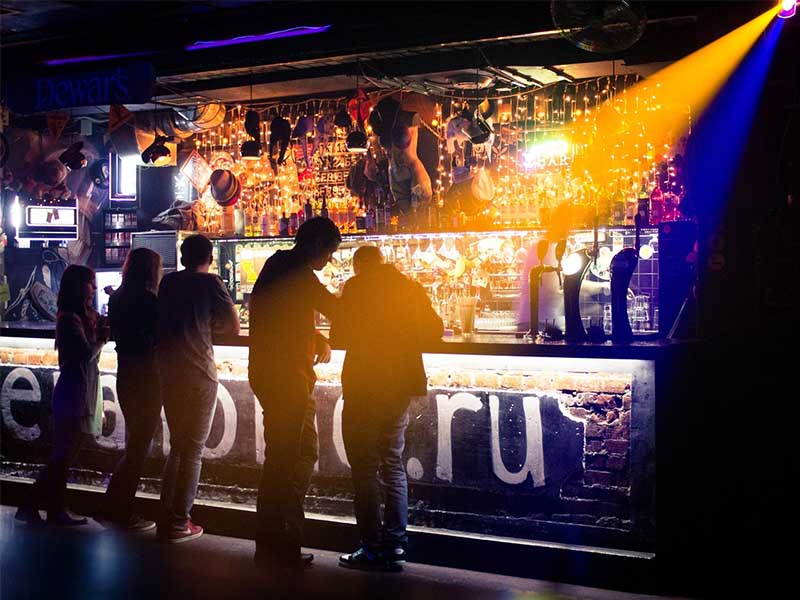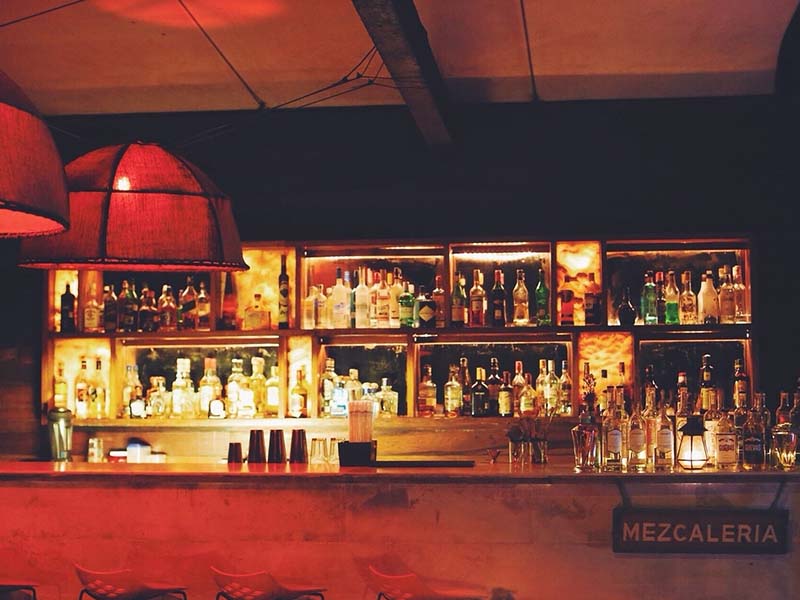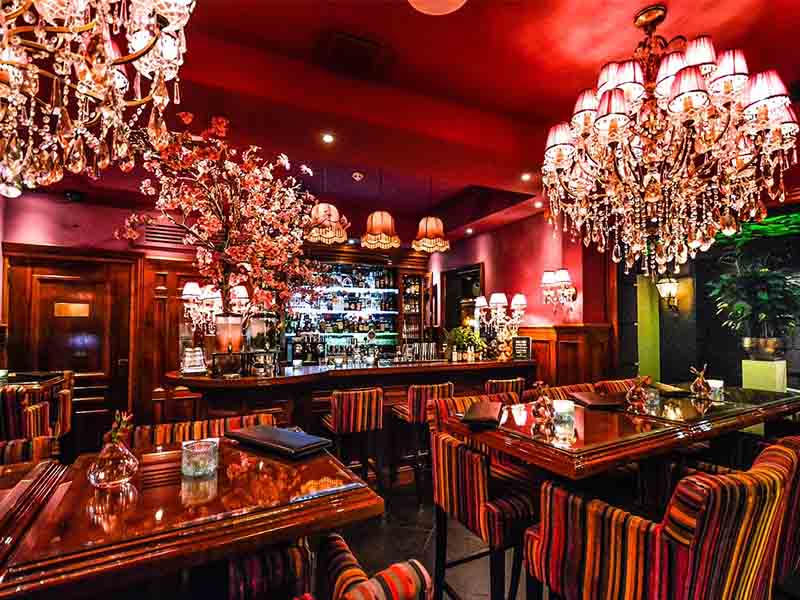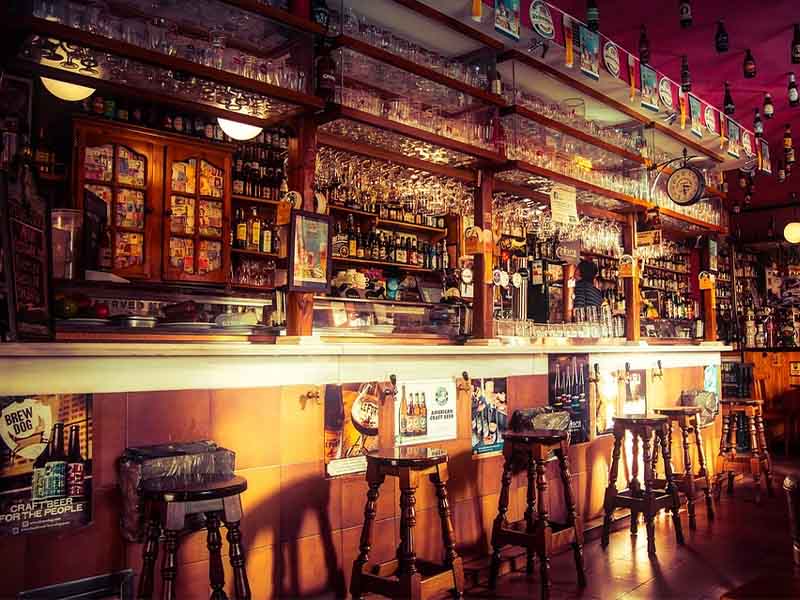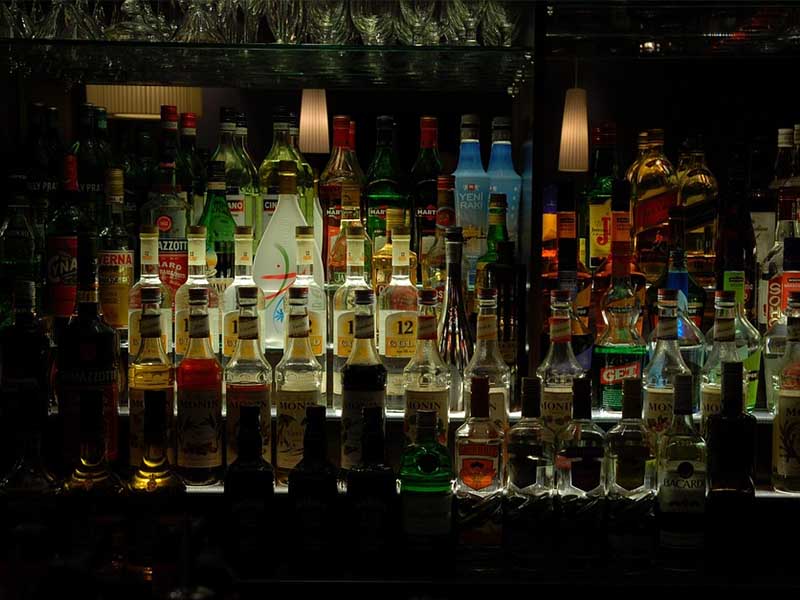
4 Critical Rules for Liquor Businesses: Balancing Health, Legal, and Law Enforcement Demands
Running a liquor business comes with special rules. You need to know what to do to stay safe and legal. This guide will help bar owners, wine shops, and liquor sellers follow the rules and avoid big problems.
Table of Contents
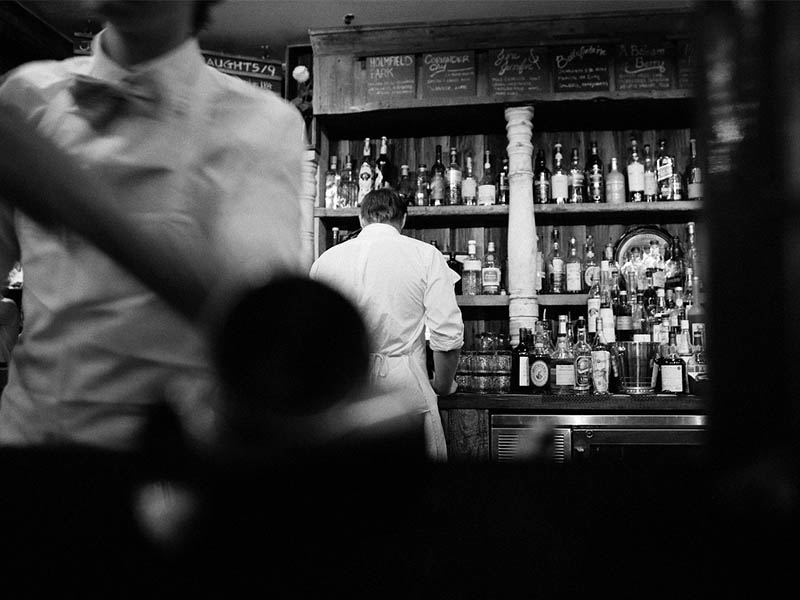
1. Master Liquor Licensing Compliance
Getting the right license is step one for any liquor business. Many places get in trouble because they miss simple deadlines.
Key License Facts to Know
- Types of licenses: Different states have different rules
- Renewal dates: Mark your calendar so you don’t forget
- Location rules: Where you can sell matters to the law
Did you know? About 23% of liquor license problems happen because business owners miss deadlines or break zoning rules. That’s almost one in four!
What You Can Do
Make a checklist to track all your license needs. Set phone reminders for important dates. This simple step can save you from closing your doors.
Having the right custom bar coasters with your license number can also help show customers you run a legal business.
License Protection Tools
| Tool | What It Does | Why You Need It |
|---|---|---|
| License tracking app | Sends alerts before deadlines | Prevents missed renewals |
| Staff training guide | Teaches rules to all workers | Stops mistakes before they happen |
| Zoning map | Shows where you can legally operate | Prevents location violations |
2. Health Code Survival Tactics
Clean equipment means happy health inspectors. When health officials visit, they look at everything!
Top Health Problems to Avoid
- Dirty glass washers (a top 5 health violation)
- Mold in drink lines
- Unclean ice machines
A bar in Texas had to pay $15,000 in fines just for having mold in their beer lines. That hurts any business!
Smart Solutions
Use silicone bar mats that can be cleaned easily. These mats trap spills and can go in the dishwasher. Health inspectors love seeing these clean surfaces.
Weekly Cleaning Schedule
- Monday: Clean all tap lines
- Wednesday: Sanitize ice bins
- Friday: Deep clean glass washers
- Daily: Wipe all surfaces with approved cleaners
FDA-approved equipment costs more up front but saves money by preventing fines and closures. Think of it as insurance for your business.
3. Law Enforcement Liaison Strategies
Working with police and alcohol enforcement officers is smart business. When they see you trying to follow rules, they often work with you instead of against you.
Technology That Helps
About 78% of alcohol enforcement agencies now look for ID scanners connected to your sales system. This shows you’re serious about stopping underage drinking.
Good tools to have:
- ID scanners
- Security cameras with 30-day recording
- Incident log books
These tools protect you and make officers’ jobs easier.
Building Good Relations
Meet the local officers before problems happen. Invite them to see your safety measures. Use custom logo bar mats that show responsible drinking messages to demonstrate your commitment.
Case Study: Success Story
“After installing our ID system and working with local police, we saw zero violations in two years. Officers now recommend our approach to other businesses.” – John, Bar Owner
4. Risk Mitigation Essentials
Protecting your business means thinking ahead about problems.
Insurance Matters
Every liquor business needs special insurance called “dram shop liability.” This helps if someone gets hurt after drinking at your place.
Documentation Systems
Keep records of:
- Who you serve
- When you refuse service
- Staff training dates
- Equipment cleaning
Equipment That Reduces Risk
Using the right tools can stop problems before they start. Metal ice buckets that meet health codes are safer than plastic ones that crack and grow bacteria.
Suppliers that offer certified equipment reduced their clients’ legal problems by 42%. That’s nearly half as many legal headaches!
The Big Picture: Industry Trends
The liquor business is changing. Health-focused drinks like hard kombucha now make up 18% of U.S. bar sales growth. This means:
- Stock more low-alcohol options
- Label health information clearly
- Train staff about new products
Quick Trend Chart
| Trend | Action Step |
|---|---|
| Health-focused drinks growing | Stock organic options |
| ID technology improving | Update your scanners yearly |
| More health inspections | Use certified equipment only |
Your Compliance Checklist
Use this list to check your business today:
- [ ] All licenses current and posted
- [ ] Health-certified equipment in use
- [ ] ID verification system working
- [ ] Staff trained on all procedures
- [ ] Insurance policy up to date
- [ ] Cleaning schedule posted and followed
- [ ] Law enforcement contacts saved
Final Thoughts
Running a liquor business means balancing many rules. The good news? With the right tools, training and partners, you can avoid most problems.
Remember these four main areas:
- License compliance – keep all paperwork current
- Health codes – clean everything regularly
- Law enforcement – work with them, not against them
- Risk management – plan ahead for problems
By focusing on these areas, your business can thrive while staying on the right side of the law.
Need help with quality bar supplies that meet all regulations? Finding the right supplier matters. Quality equipment not only looks good but helps you follow all the rules we’ve discussed.

